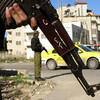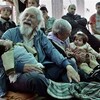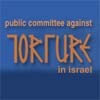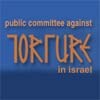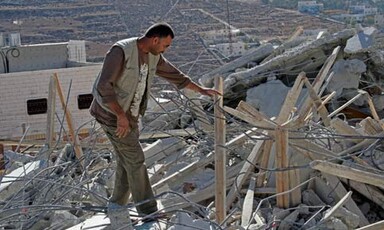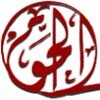
Who has failed?
Gaza, Palestine 17 December 2006
Just prior to 1948, the Palestinians realized that they were about to get rid of the British colonial hegemony that began in 1917, yet they woke up on the day the Britons left to another occupation, called Israel. Since that year, Palestinians began all over again to fight for their sovereignty over their ancestral lands; however, despite recent peace agreements with their occupiers, they have not so far attained that sovereignty. The international community, which clearly concedes the Palestinians’ legitimate right to fight the occupation on the path to freedom and statehood, has so far not been able to involve itself actively to solve the Palestinian-Israeli conflict. Read more about Who has failed?
